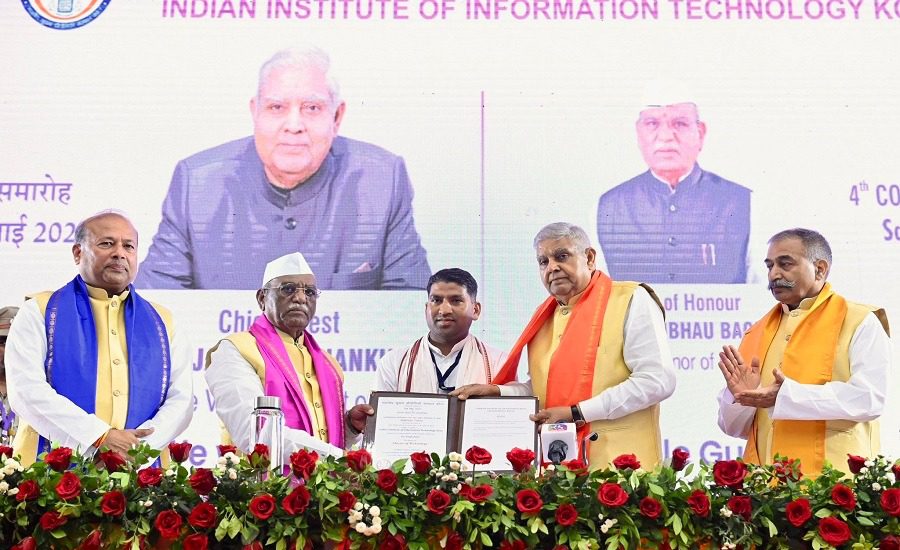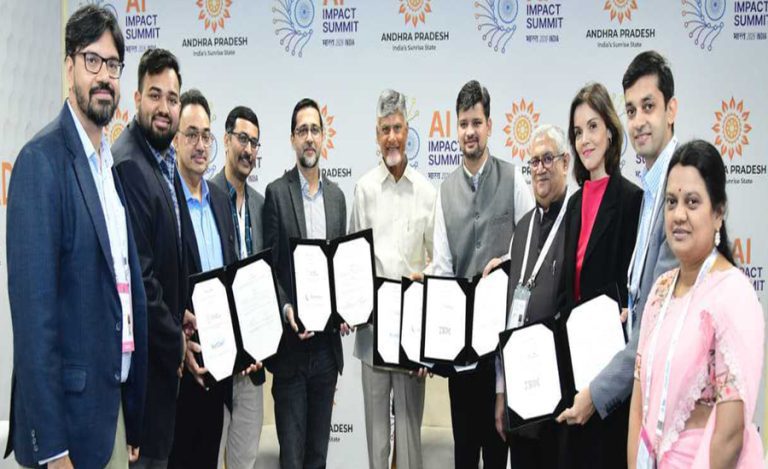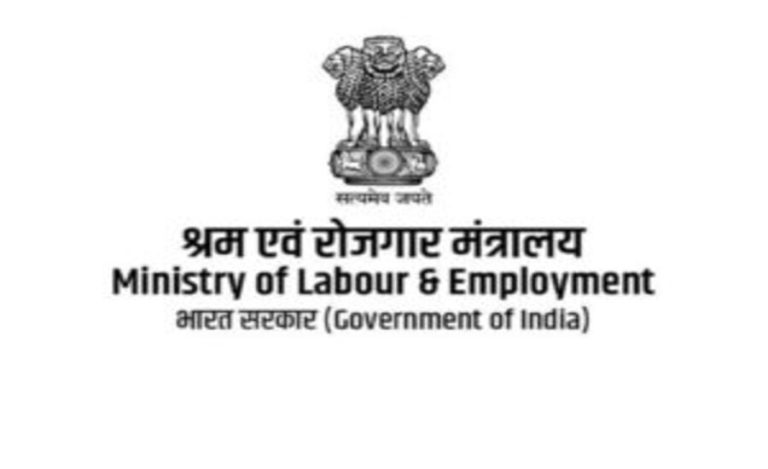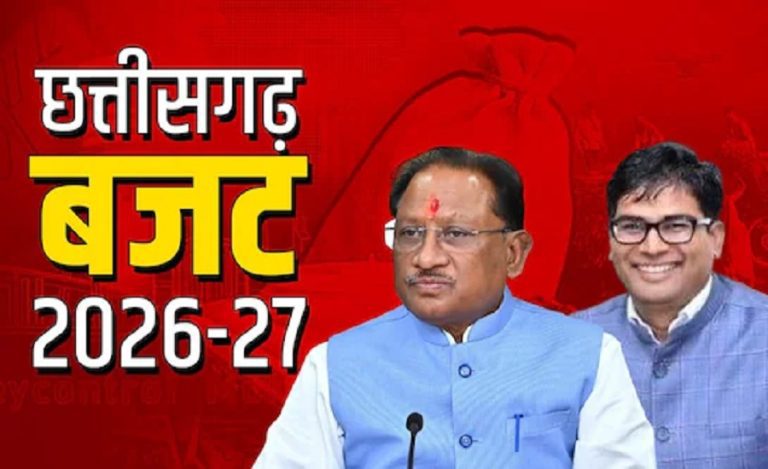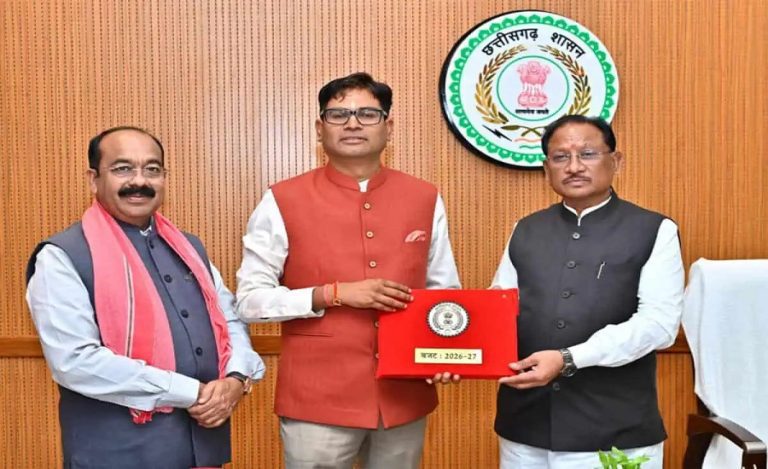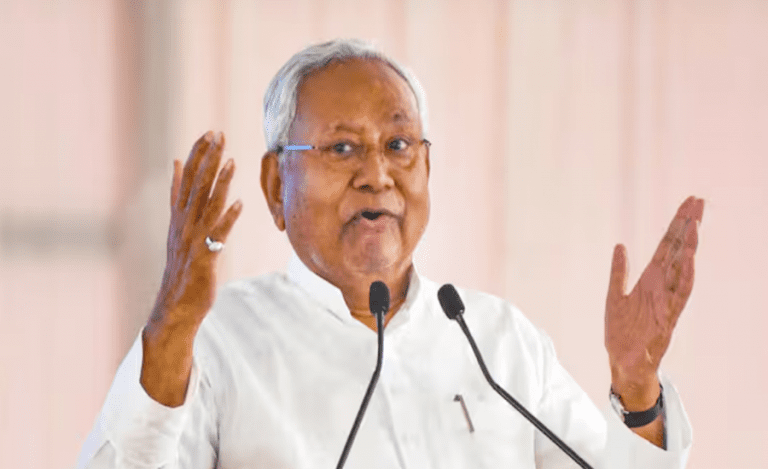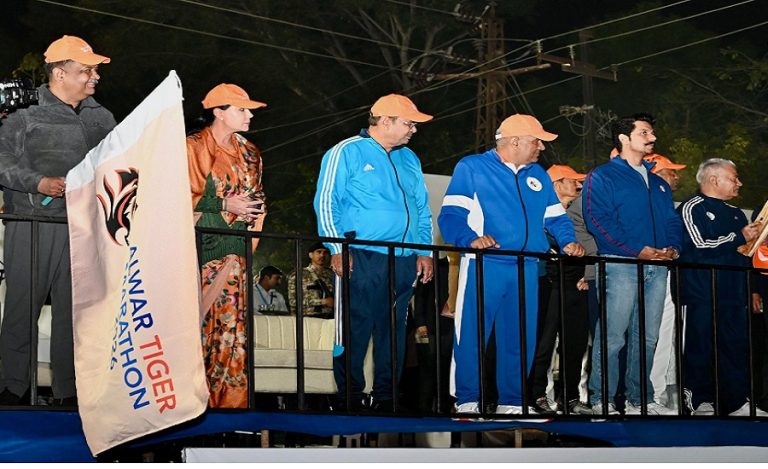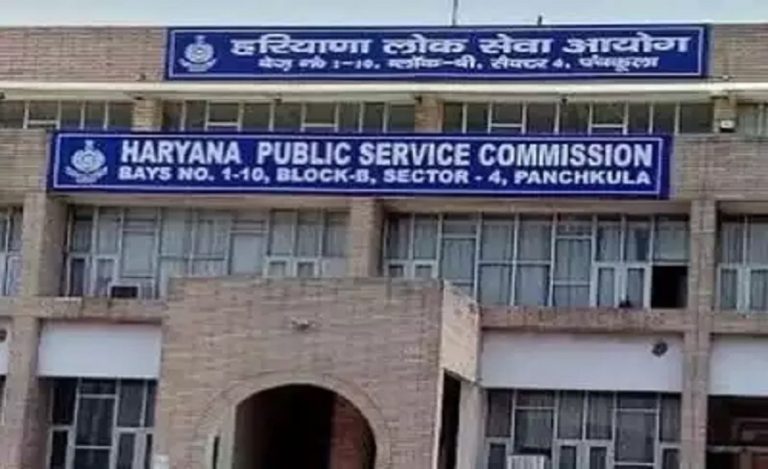Kota, Rajasthan: At the 4th Convocation Ceremony of the Indian Institute of Information Technology (IIIT), Kota, Vice-President of India, Mr. Jagdeep Dhankhar delivered a compelling speech addressing the current educational challenges and the future of India’s technological sovereignty.
Coaching Centres: From Talent Poaching to Skill Development
Mr Dhankhar sharply criticized the widespread coaching centres, stating, “Coaching centres have turned out to be poaching centres. They have become black holes for talent in regimented silos.” He warned against the mushrooming coaching culture that stifles curiosity and creativity, urging a transformation of these centres into skill development hubs aligned with the National Education Policy.
“The obsession with perfect grades and standardized scores has compromised curiosity, an inalienable facet of human intelligence,” the Vice-President said, emphasizing the psychological toll on students and the urgent need to revive authentic learning.
Read Also: ‘Why Is Judiciary Appointing CBI Chief?’: Dhankhar Slams Overreach, Demands Action on Cash Seizure
Sovereignty in the Digital Age: The New Battlefield
Highlighting the shift in global power dynamics, Mr Dhankhar said, “Nations will no longer be compromised or colonized by armies as armies have now been replaced by algorithms.” He cautioned that digital sovereignty is critical, warning that dependence on foreign digital infrastructure threatens national security and autonomy.
“The battleground of the 21st century is no longer land or sea. Our power will be determined by code, cloud, and cyber,” he remarked. Mr. Dhankhar called for India to become a world leader in technological innovation, declaring technological leadership as the new frontier of patriotism.
Building Bharatiya Systems for a Global Impact
The Vice-President urged Indian youth to become architects of the country’s digital future. “We need to build Bharatiya systems for Bharatiya users and globalize them,” he said. He stressed the importance of inclusive technology — apps that work in rural India, AI models understanding regional languages, and digital tools accessible to disabled individuals.
“Our coders, data scientists, blockchain innovators, and AI engineers are the modern-day nation builders,” Mr. Dhankhar asserted. He enjoined India to move beyond being passive users of borrowed technology and to become exporters of cutting-edge innovations.
Critique of Rote Learning and Assembly-Line Education
Mr Dhankhar strongly opposed the mechanized education culture, stating, “We must end this assembly-line culture, because this culture is very dangerous for our education.” He lamented that coaching centres, by focusing on rote learning, go against the ethos of the National Education Policy and create “intellectual zombies rather than creative thinkers.”
He added, “Cramming creates memory without meaning and adds degrees without depth,” urging a paradigm shift towards deep understanding and critical thinking.
Read Also: Over 10,000 Women Teachers Get Posting Relief in Bihar: Education Dept Issues Transfer Orders
Event Highlights
Mr Dhankhar concluded with a sharp critique of rote learning culture, saying, “We are facing the crisis of cramming culture which has transformed vibrant minds into mechanical repositories of temporary information. There is no absorption. There is no understanding. It is creating intellectual zombies rather than creative thinkers. Cramming creates memory without meaning. Cramming creates memory without meaning and adds degrees without depth.”
The convocation also featured a performance by popular singer Abhilipsa Pandey, presentations by dignitaries, and an exhibition of development works. Mr. Haribhau Kisanrao Bagde, Governor of Rajasthan; Lt. Gen. (Retd.) A.K. Bhatt, Chairperson of IIIT Kota Board of Governors; Prof. N.P. Padhy, Director of IIIT Kota; and other officials were present.

